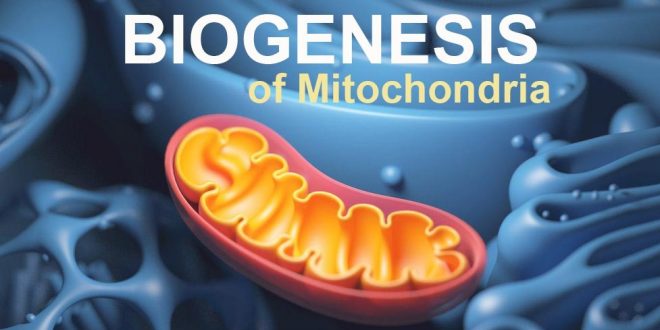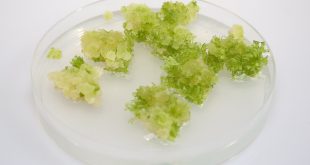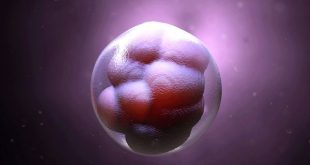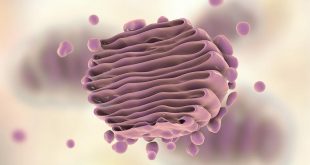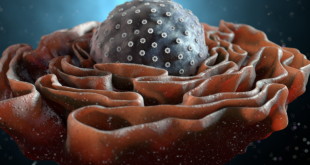All of us know that a living being always rises from another living being. Similarly, in terms of biology, biogenesis is a life-forming process. We also know that calls can have a variety of numbers of mitochondria according to their need. So mitochondrial biogenesis means the process of cells increasing the number of mitochondria. However, some hypotheses have explained the formation of new mitochondria. Hypothesis means a proposed explanation that is made on basis of limited evidence. And the word ‘Hypotheses’ is the plural form of the word hypothesis. Now we will know about some hypotheses regarding the formation of mitochondria.
-
-
- De Novo Synthesis
- origin from Membrane
- Develop from Microbodies
- Prokaryotic origin and
- Replication
-
De Novo Synthesis
De novo synthesis means the synthesis of complex molecules from simple molecules. According to this hypothesis, mitochondria arises de novo from ancestors in the cytoplasm. Since they can not be synthesized de novo, they always arise from pre-existing mitochondria or parent mitochondria.
Origin from Membrane
This hypothesis proposes that the mitochondria arise from the invaginations of some membranes. For instance, the plasma membrane, endoplasmic reticulum, Golgi apparatus, or the nuclear envelope. Invagination means a cavity or pouch formed by being turned inside out or folded back.
Develop from Microbodies
The accumulation of microbodies in the cytoplasm develops mitochondria.
Prokaryotic Origin
Some people believe that bacteria are the ancestor of mitochondria. It is supported by many pieces of evidence. Like-
Firstly, the localization of enzymes of the respiratory chain. In the case of bacteria, there are enzymes in the plasma membrane. And that can be compared with the inner membrane of the mitochondrion.
Best safe and secure cloud storage with password protection
Get Envato Elements, Prime Video, Hotstar and Netflix For Free
Best Money Earning Website 100$ Day
#1 Top ranking article submission website


Secondly, in some bacteria, plasma membrane forms membranous projections (called mesosomes) like cristae of mitochondria. These mesosomes possess respiratory chain enzymes. The mitochondrial DNA is also circular as it is in bacteria.
Thirdly, the replication process of mitochondria is similar to bacteria.
Moreover, ribosomes in mitochondria are also smaller in size similar to that of bacterial ribosomes.
These pieces of evidence support the prokaryotic origin of mitochondria.
Replication
Mitochondria are self-replicating organelles. So new mitochondria arise by some type of splitting process from pre-existing mitochondria. This hypothesis seems probable. Since the mitochondria have their own DNA and ribosomes, they can replicate new mitochondria.
References
- Lecture of Chandan Kumar Dash Sir (Lecturer, Department of Botany, University of Dhaka)
 Plantlet The Blogging Platform of Department of Botany, University of Dhaka
Plantlet The Blogging Platform of Department of Botany, University of Dhaka
